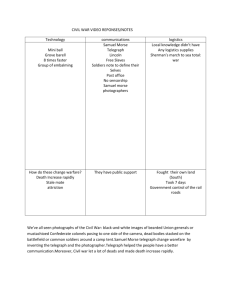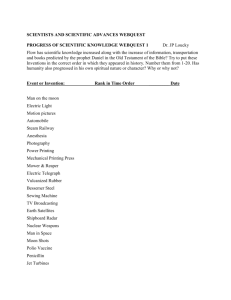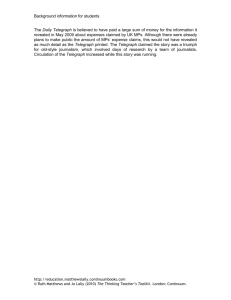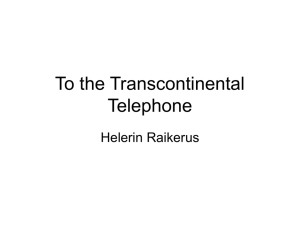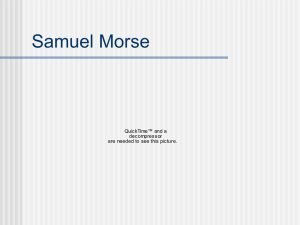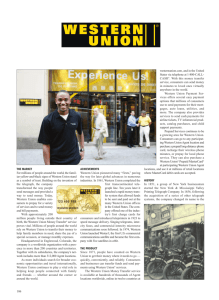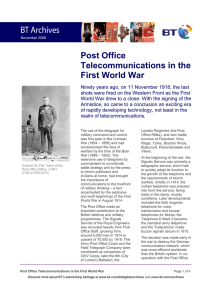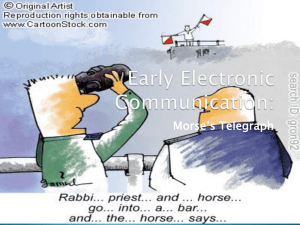The history of the radio, or wireless telegraph, dates
advertisement
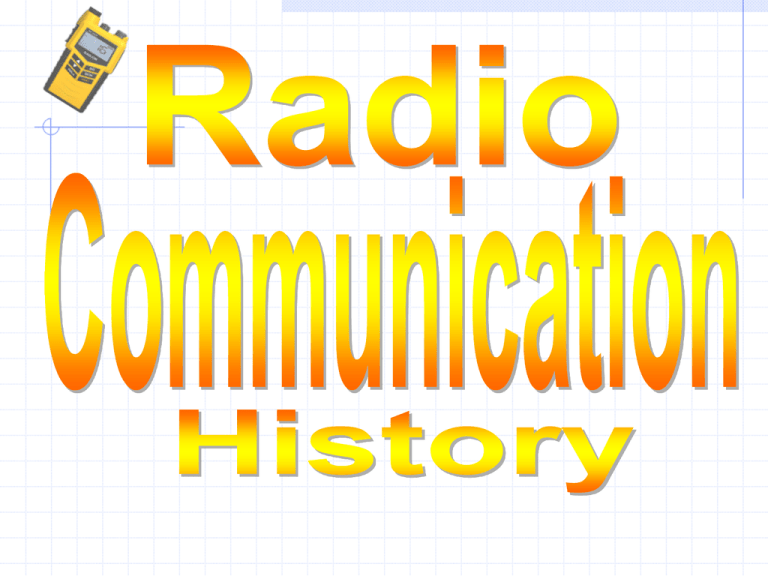
The history of the radio, or wireless telegraph, dates back more than a century. Advancements over time, including voice transmissions, have led to the radios that exist today. Early radio communications were limited to simple Morse Code transmissions. Like television, radio broadcasts must follow specific Federal Communications Commission (FCC) regulations. In order to broadcast legally on the radio, a person must obtain a license from the FCC. The invention of the radio, also known at the time as a "wireless telegraph," has its roots in both the telephone and telegraph machine. A German physicist by the name of Heinrich Hertz first discovered the existence of radio waves in 1887. On December 12th, 1901, Italian inventor Guglielmo Marconi and his assistants were able to transmit across the Atlantic without the use of wires, which at the time was considered impossible. This breakthrough in technology gave way to radio communication. An early telegraph device. The transmission across the Atlantic achieved by Guglielmo and his assistants was in the form of Morse Code, tapping out the letter "S," however the first voice transmission occurred on December 24th, 1906. Canadian engineer Reginald Fessenden, who had worked with Thomas Edison prior, became convinced that the "wireless telegraph" could not only transmit Morse Code, but the human voice as well. The transmission included Fessenden reading from the Bible, playing the violin, and a phonograph recording of "Largo." The first voice transmission took place on Christmas Eve. In 1910, the United States government made it mandatory for all ships to contain a wireless telegraph, as well as a wireless telegraph operator, on board in case of emergency. The sinking of the Titanic led to the Radio Act of 1912, which required all ships to have two wireless telegraph operators on board at all times. The Radio Act of 1927 was enacted to control the "chaos" being created by amateur radio broadcasters. As a result, The Federal Radio Commission (FRC) was formed and given the responsibility of either granting, or denying, a person a license to broadcast on the radio. In 1934, the FRC gave way to the FCC. The sinking of the Titanic led to the Radio Act of 1912.
